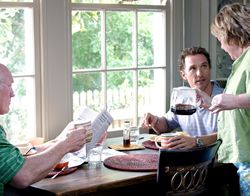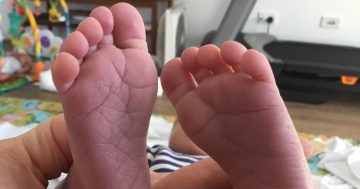 The Australian Institute of Family Studies (AIFS) has discovered that young people are increasingly living with their parents well into their late teens and early 20s.
The Australian Institute of Family Studies (AIFS) has discovered that young people are increasingly living with their parents well into their late teens and early 20s.
The AIFS report found this was especially true of young men, with more than half (51 per cent) of men in their early 20s living with their parents in 2021, up from 46 per cent in 2006.
A total of 43 per cent of young women aged 20-to-24 were living with their parents in 2021, compared to 36 per cent in 2006.
In the largest increase, 72 per cent of 19-year-olds were living with their parents in 2021 — a nine per cent increase since 2006.
Report co-author, Lixia Qu said that although young people living with their parents had been gradually increasing over many years, the 2016-to-2021 period showed the sharpest increase in recent decades.
“We can see this trend accelerating in the latest census, which might be an effect of COVID, or due to lack of affordable housing, or a combination of both,” Dr Qu said.
“Although more marked for the late teens and early 20s, the pattern of more young people living with their parents applies to every age until the early 30s.”
Research Director at the AIFS, Rae Kaspiew said it was important to be aware that while there could be many positives for people in their late teens and early 20s living with parents, it could also have unintended impacts.
“Leaving the parental home typically represents one of the main steps that young people make in the transition to an independent adult life,” Dr Kaspiew said.
“In some cases, when a young person moving out is delayed by months or years, it may lead to more challenging parent-child relationships, or an increase in conflict in the home.”
She said it was important that communities and policy-makers took into account the higher prevalence of this living arrangement, in terms of supporting families via strong mental health services, and other services they might need.
The AIFS report can be accessed at this PS News link.











